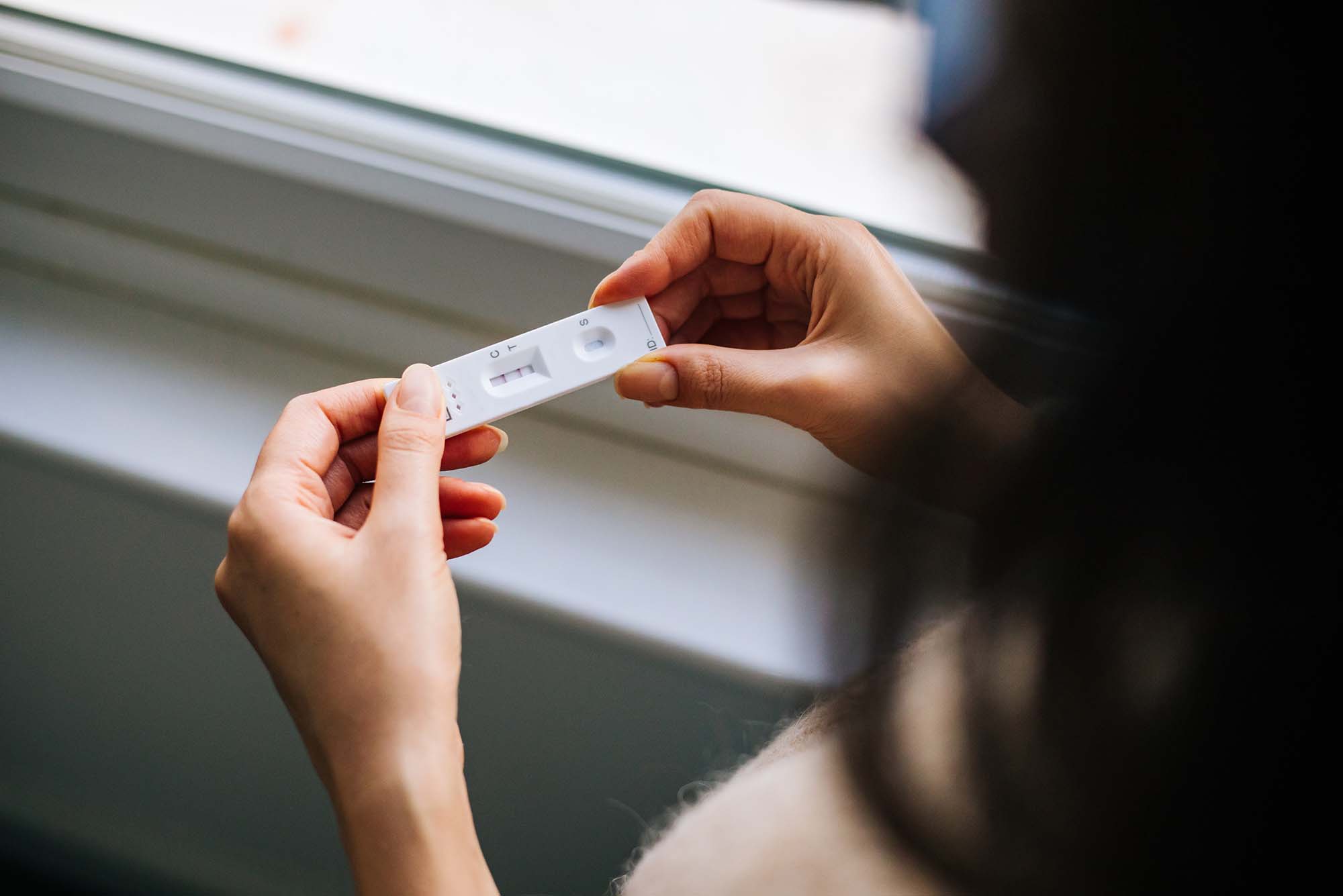As the Omicron BA.5 Variant Spreads, BU Infectious Diseases Expert Says It’s Time to Dial Up Protective Measures

Photo by agrobacter/iStock
As the Omicron BA.5 Variant Spreads, BU Infectious Diseases Expert Says It’s Time to Dial Up Protective Measures
Vaccines and booster shots remain the most important tool to stave off the pandemic, even as new variants—like BA.2.75 in India—emerge
It’s news nobody wants to hear: an even more contagious version of the COVID-19 Omicron variant is spreading, a subvariant called BA.5. In only the past couple of weeks it has become the dominant strain of COVID circulating in the United States, and has driven the rate of infections up significantly in Massachusetts.
Worldwide, the number of new coronavirus cases rose for the fifth week in a row, according to the World Health Organization, while the number of deaths remained stable. Here in Massachusetts, the amount of COVID RNA detected in wastewater jumped about 29 percent over the past two weeks, indicating that there are likely more cases to come. Even more concerning is that this variant is more apt at reinfecting people who have already had the virus.
So, if you’re someone who’s been leaving your mask behind while in crowded indoor places, like on public transport or in restaurants, Sabrina Assoumou, BU School of Medicine Louis W. Sullivan, MD, Professor of Medicine, suggests masking back up. Assoumou served on Boston Mayor Michelle Wu’s COVID-19 Advisory Committee, which helped provide guidance for the city and advised with Boston Medical Center’s patient protocols.
“It’s very important to let people know that there’s something different going on [with BA.5] and that we should be more vigilant with wearing masks,” says Assoumou, who is also an infectious diseases physician at Boston Medical Center, BU’s primary teaching hospital.
The Brink spoke with Assoumou about BA.5, what makes it more transmissible, how to navigate this phase of the pandemic, and what to expect in the fall.
Q&A
With Sabrina Assoumou
The Brink: What is different about the BA.5 subvariant?
Assoumou: Whenever there’s a new subvariant, there are three things that we as doctors think about: is it more transmissible? For BA.5, the answer is yes. It feels like a broken record since Omicron, as every variant is more transmissible than the last one. The next thing is, does [this strain] cause more severe disease? That’s a little bit unclear. This subvariant behaved differently based on data from different countries, like South Africa or Portugal. It depends on how much preexisting immunity there is in a population, either from prior infection or from vaccines. And lastly, does it evade immunity? And yes, it does. Unfortunately, our current vaccines don’t work as well, but they do work very well against severe disease, hospitalization, and death. And you can increase your level of protection by getting boosted.
The Brink: What makes this variant more evasive?
Assoumou: The mutations are in the spike protein. Our vaccines are targeting the spike protein, so if you have changes in the spike, then the target just doesn’t stick as well. Still, when you’re getting vaccinated and boosted, you are increasing your level of protection. When you compare what’s happening in the hospitals and how sick people are right now, we’re not seeing what we saw in 2020. Our hospitals are not currently overwhelmed, because we have all those tools, including vaccines and outpatient treatments.
The Brink: How worried are you about BA.5’s potential to reinfect people who have already had the virus or are vaccinated?
作为
The Brink: What are some of the metrics that you pay attention to the most?
作为
The Brink: Is there a higher risk of long COVID from reinfections?
Assoumou: We don’t have good data to know. There’s a study that came out recently that seemed to say that people are more likely to get complications of long COVID with reinfections. It’s been estimated that about 10 to 30 percent of people who have an acute episode of COVID will go on to develop long COVID. Earlier on, some studies that were not as robust showed around a 50 percent reduction of long COVID in people with vaccinations, and then another study came out that said a 15 percent reduction, so the data are changing. Some recent studies seem to suggest that there’s a higher reduction in long COVID from booster shots. If you can help it, the best way to not get long COVID is to avoid COVID in the first place, and getting your booster.
The Brink: What do you see as the way out of the pandemic?
作为
The Brink: How can we safely enjoy the rest of the summer?
Assoumou: During the summer in Massachusetts, this is our time where we should try to do as many things as possible to make us feel alive, and when we should try engage in as many outdoor activities as possible. Outside is safer than inside. It doesn’t mean that the risk is zero, it just means that it’s safer with ventilation. If you’re in a crowded area outdoors, that increases your risk, and I would say try to minimize that as much as possible. And if you are in a crowd, that’s the time when you want to whip out your mask. If you’re indoors with a small group of people, open the windows, get some fresh air. And at a time when cases are going up, wear a high-quality mask. That’s how we all get through this. There are a lot of things that we could do so that we can feel connected.
This interview was edited for clarity and brevity.

Comments & Discussion
Boston University moderates comments to facilitate an informed, substantive, civil conversation. Abusive, profane, self-promotional, misleading, incoherent or off-topic comments will be rejected. Moderators are staffed during regular business hours (EST) and can only accept comments written in English. Statistics or facts must include a citation or a link to the citation.